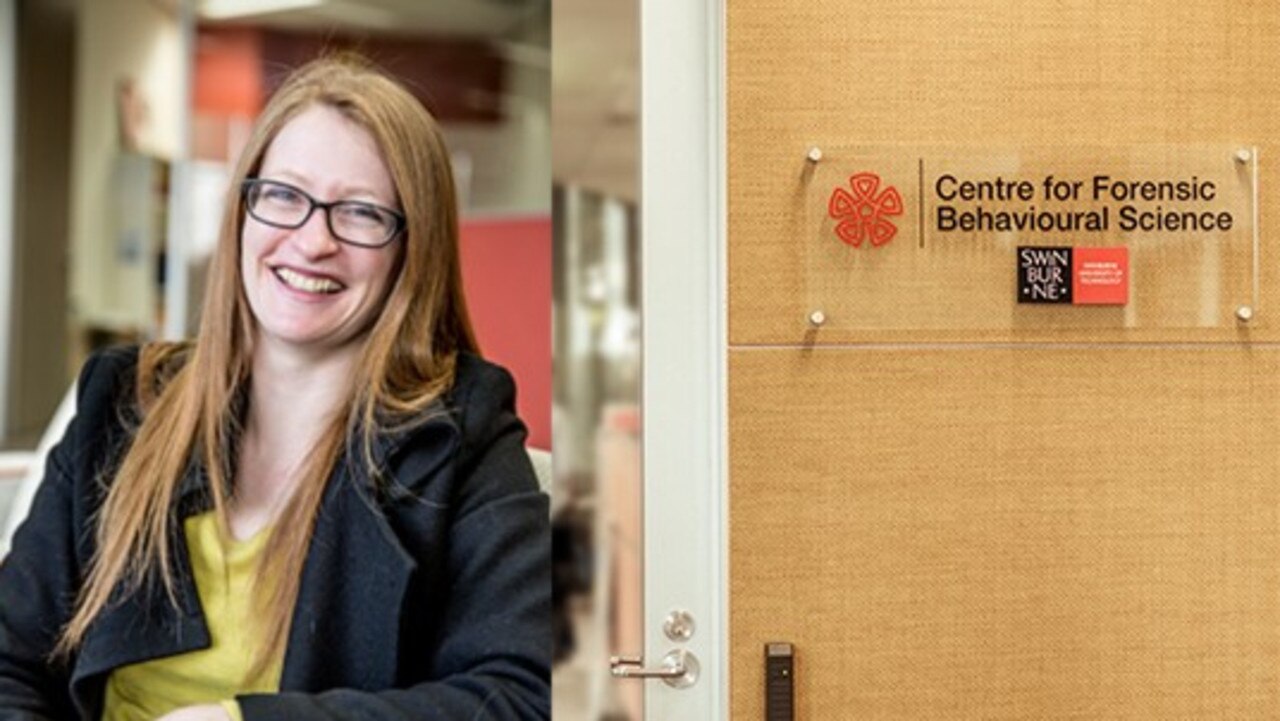‘Massively underestimated’: The bushfire problem nobody is talking about
We hear over and over again about climate change when it comes to bushfires, but there’s a major problem we’re not hearing about.
In Australia, we are used to more than our fair share of bushfires — and we hear over and over again about the effects of climate change.
However, there’s a major factor that we never hear about.
Deliberate firesetting has resulted in hundreds of catastrophic fires in recent years. And while experts say fires are burning harder and longer due to climate change, the root cause of these fires has slipped under the radar.
And, there’s still not enough research being done to help stem the epidemic, according to a leading academic in the field.
Professor of forensic psychology at Swinburne University Dr Troy McEwan, who authored a piece in The Conversation for the need to prioritise firesetting prevention, told news.com.au that the absence of this research area is setting Australia up to “constantly respond and recover,” rather than prevent bushfires.
“Up to 40 per cent of bushfires in parts of Australia are deliberately lit. As climate change happens, as the environment gets hotter and drier, the actual impacts of these fires become bigger and bigger,” Dr McEwan told news.com.au.

These impacts include affecting the way that the fires rip through the land. CSIRO reports that satellite records from 1988–2001 compared to the period from 2002–2018 show the annual average area burnt by fire has shot up by 350 per cent.
“Particularly, there’s a need to see firesetting as having a legitimate need to invest, build knowledge and create prevention strategies, even when there isn’t a bushfire happening.”
While there isn’t enough research into the area to determine specific profiles, Dr McEwan said that a significant proportion of firesetters are young people, mostly male. However, beyond that, it’s quite unclear.
She cites emotions – anger, excitement, and boredom, to name a few – as reasons why people set either structural and vegetation fires.
“Then there’s also agricultural settings where people are burning off bushes, but don’t know that it will turn into a large-scale bushfire. In fact, most people that set fires, especially bushfires, aren’t intending to hurt people,” Dr McEwan said.
Currently, Dr McEwan is part of a handful of researchers across Australia, the UK and US who are trying to make headway into the causes of deliberate firesetting.
“The reality is that there are a lot of different research areas that demand and deserve equal funding,” she said.
“But the key thing is also that the effects of deliberate fire setting, both how common it is and how much damage it causes, is really poorly understood by decision makers.
“The ability to actually have an impact through better funding and more consistent funding is just massively underestimated, and it loses out to things that people see as bigger problems.”
A lack of government funding means that the research area is increasingly difficult for researchers to sustain.
“Since Black Saturday in Victoria in 2009 there’s been a little bit more of a concerted effort to do research but it’s all been unfunded,” she said.
“There’s a few of us in Australia who basically get PhD students to do free research, and so the majority of research that’s been published here about deliberate fire setting in the last 15 years is funded essentially by universities doing PhD work.”
The appeal for more research funding for deliberate fire setting comes as Australia received its most dire fire warning to date, where former fire and rescue NSW commissioner Greg Mullins AO, AFSM warned last week that Australia is “one heatwave away from a massive grass fire.”





